Torsion Springs, though small and often overlooked, play a vital role in the seamless functioning of many mechanical systems, including coffee machines. These springs, designed to store and release rotational energy, contribute to everything from the precise operation of coffee machine components to their long-term durability. In this article, we’ll explore the significance of torsion springs in coffee machines, their material and design considerations, and the technical challenges associated with their use.

The Role of Torsion Springs in Coffee Machines
In coffee machines, torsion springs are primarily used to manage rotational movements, such as opening and closing valves, operating brewing mechanisms, or controlling the coffee machine lid. These springs store energy when twisted and release it when the force is removed, providing consistent motion that is essential for machine functionality.
For example, in a typical home coffee machine, the lid opening mechanism often relies on a torsion spring to ensure smooth and controlled opening and closing. By applying just the right amount of force, the spring prevents the lid from slamming open or closed, which could damage the machine or cause spills. A manufacturer of home coffee machines found that using torsion springs with a precise force profile resulted in a 30% improvement in lid operation compared to simpler mechanical systems, providing smoother user experiences.
Torsion springs also play a crucial role in maintaining water flow control, another critical component in coffee machines. A coffee machine’s valve system controls the water flow during brewing, and torsion springs are used to keep valves securely closed when not in use, preventing leaks or improper pressure. According to studies, precision-designed torsion springs in water flow systems help reduce flow rate errors by up to 20%, enhancing the consistency of the brewing process.
Material Selection: Ensuring Durability and Heat Resistance
The materials used for torsion springs in coffee machines are essential for ensuring reliability, particularly because coffee machines are frequently exposed to high temperatures and moisture. Stainless steel and alloy steels are popular choices due to their superior corrosion resistance, durability, and ability to withstand heat.
One of the main reasons for using stainless steel, such as SUS304, in torsion springs is its high fatigue resistance, which allows it to withstand the repeated compressions and expansions that occur during the daily operation of a coffee machine. A certain manufacturer tested SUS304 torsion springs in their high-end coffee machines, subjecting them to 1,500 cycles of high-temperature operation. The results showed that the springs retained more than 95% of their original elasticity, even under extreme conditions, indicating that stainless steel is well-suited for coffee machine components exposed to constant heat.
In another case, a coffee machine factory used carbon steel torsion springs for valve mechanisms, where they proved highly resistant to corrosion, maintaining performance even in humid conditions. Research suggests that carbon steel can extend the life of torsion springs by up to 40%, especially in environments that experience constant moisture, such as coffee machines that use water in their brewing and cleaning processes.
Customization: Tailoring Torsion Springs to Specific Needs
Every coffee machine is unique in its design and function, and so are the torsion springs that support them. Manufacturers often require customized torsion springs to meet the specific needs of different models, whether it's for a professional espresso machine or a compact home brewing system. Customization involves adjusting the size, tension, shape, and material of the spring to fit the exact mechanical demands of the coffee machine.
For instance, a factory specializing in espresso machines might need torsion springs with higher tension to handle the increased pressure and operational cycles of a commercial machine. On the other hand, a smaller home coffee machine might use a lighter torsion spring for more delicate movements. One such manufacturer found that by tailoring the spring tension and design to match the specific needs of their high-end espresso machines, they were able to reduce component wear by 15%, significantly extending the overall life of the machines.
A study highlighted in the Spring Design Handbook showed that customizing the torsion spring’s tension and shape based on load requirements could improve the efficiency of the entire coffee machine system. For example, when the torsion spring was designed to fit a specific valve mechanism, the coffee machine showed a 12% increase in energy efficiency, reducing overall power consumption.
Ensuring Reliability and Longevity
Torsion springs are integral to ensuring the longevity and reliability of coffee machines. These springs operate under constant stress, and their failure can lead to malfunctions that affect the machine’s overall performance. Therefore, the durability of torsion springs is a critical consideration during the design and manufacturing phases.
In commercial coffee machines, where they experience frequent usage, torsion springs need to be particularly resilient. For example, one manufacturer subjected their coffee machines to 500,000 cycles of operation, simulating typical commercial usage. The torsion springs maintained over 90% of their original functionality, proving that high-quality springs could withstand extended usage without significant wear. Such durability is crucial, especially for machines used in high-volume settings like cafés and restaurants, where downtime is costly.
Another company used advanced materials and precision manufacturing techniques to produce torsion springs that could endure harsh operating conditions. The results showed that these springs had a 30% lower failure rate compared to their standard counterparts, increasing the coffee machine’s lifespan by up to 25%.
Manufacturing Challenges and Solutions
The precision and quality of torsion springs are essential for their performance. In coffee machine applications, even small discrepancies in spring size or tension can lead to mechanical failures. To address this, manufacturers often employ advanced production methods such as CNC machining and heat treatment, which ensure high precision and uniformity across batches of torsion springs.
For instance, a factory producing torsion springs for coffee machines uses CNC machines to achieve tolerances as fine as ±0.01mm, ensuring that every spring functions identically, even when used in different coffee machine models. Additionally, heat treatment processes help enhance the spring’s strength and fatigue resistance, making it more reliable for long-term use.
Moreover, quality control is vital in maintaining the consistency and durability of torsion springs. Rigorous testing, including fatigue and stress tests, is commonly employed to ensure that each spring can perform its function without failure. Some factories subject their springs to simulated operational tests, applying tens of thousands of cycles to evaluate their endurance.
Conclusion
Torsion springs play a vital role in ensuring the smooth operation, reliability, and durability of coffee machines. From controlling lid movements to managing water flow, these springs provide the precision and consistency necessary for the proper functioning of modern coffee machines. Their ability to withstand high temperatures and frequent use, combined with their customizable nature, makes them ideal for a wide range of coffee machine designs.
As manufacturers continue to innovate in spring materials, design, and production processes, torsion springs will remain a crucial component in the ongoing evolution of coffee machines, enhancing both user experience and machine longevity. Whether for high-end espresso machines or compact home coffee makers, the future of coffee machine performance is undoubtedly linked to the continued refinement of torsion spring technology.







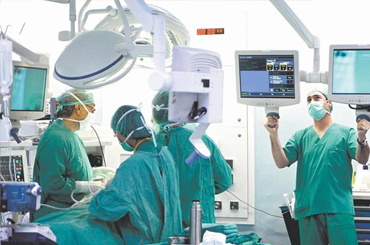
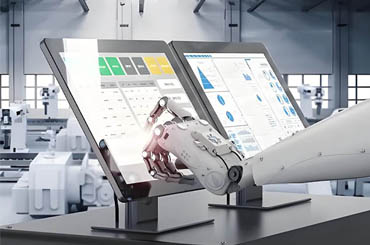

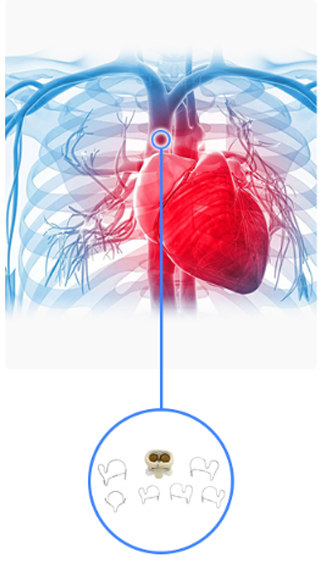

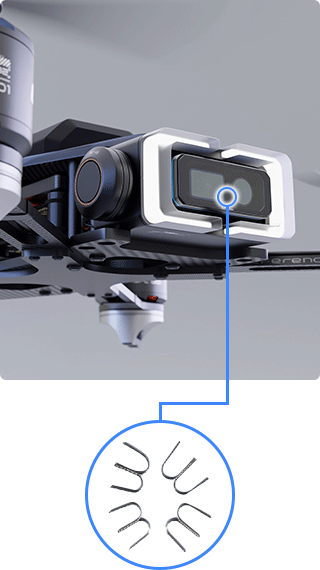
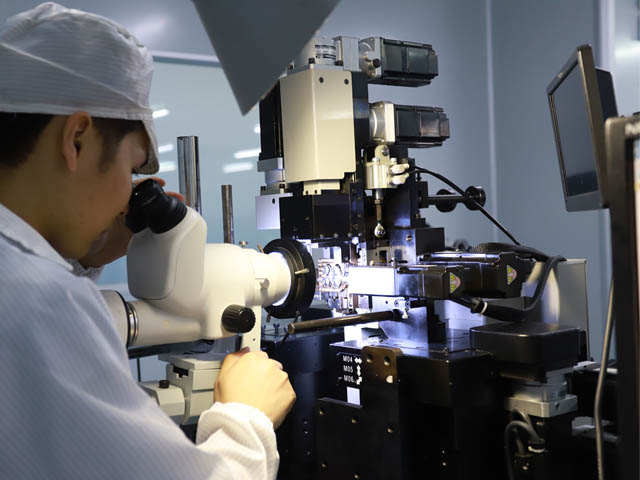

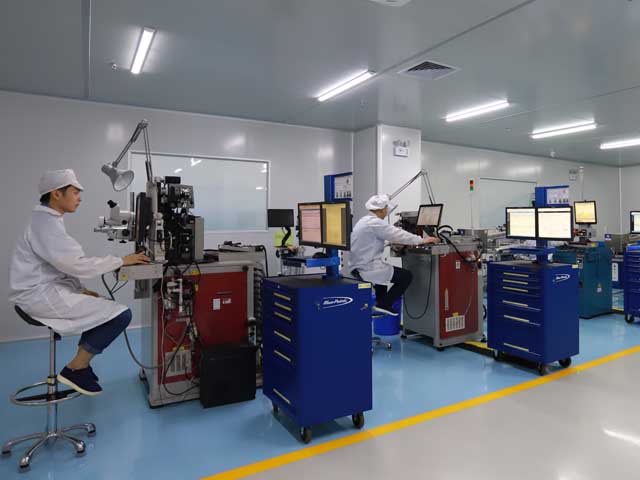






 English
English
